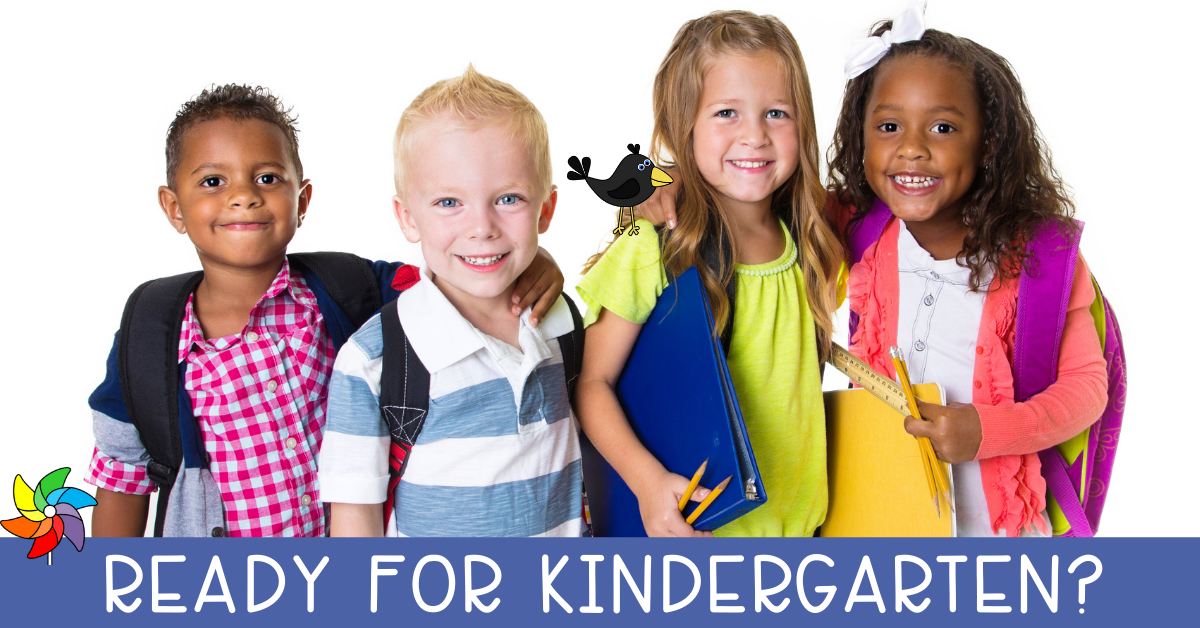Kindergarten Readiness: What Every Parent Should Know
Kindergarten readiness refers to a child’s preparedness to enter and succeed in a kindergarten classroom. It encompasses a range of skills and abilities that are essential for a smooth transition into formal education. These skills include social and emotional development, language and literacy skills, math and cognitive abilities, as well as independence and self-care. It is important for parents and educators to understand that kindergarten readiness is not solely about academic knowledge, but also about the child’s overall development and ability to thrive in a structured learning environment.
In order to assess kindergarten readiness, it is important to consider a child’s physical, emotional, social, and cognitive development. Physical readiness includes fine and gross motor skills, such as the ability to hold a pencil, use scissors, and navigate the playground equipment. Emotional readiness involves the ability to regulate emotions, cope with separation from parents, and interact positively with peers and adults. Social readiness encompasses the ability to take turns, share, and cooperate with others. Cognitive readiness includes basic knowledge of letters, numbers, shapes, and colors, as well as problem-solving skills and the ability to follow simple instructions. By understanding these components of kindergarten readiness, parents and educators can better support children in their transition to formal schooling.
Developing Social and Emotional Skills
Social and emotional skills are crucial for kindergarten readiness as they form the foundation for positive relationships with peers and adults, as well as the ability to regulate emotions and navigate social situations. Children who enter kindergarten with strong social and emotional skills are better equipped to handle the demands of the classroom environment and engage in meaningful learning experiences. To support the development of these skills, parents and educators can provide opportunities for children to engage in cooperative play, express their emotions, and practice problem-solving.
One way to develop social and emotional skills is through play-based activities that encourage cooperation, communication, and empathy. For example, children can engage in pretend play scenarios where they take on different roles and interact with each other to solve problems or achieve common goals. This type of play allows children to practice negotiation, conflict resolution, and perspective-taking. Additionally, parents and educators can model positive social interactions and provide guidance on how to express emotions in a healthy way. By fostering social and emotional skills in young children, parents and educators can help them build a strong foundation for success in kindergarten and beyond.
Building Language and Literacy Skills
Language and literacy skills are essential for kindergarten readiness as they form the basis for communication, reading, and writing. Children who enter kindergarten with strong language and literacy skills are better equipped to engage in classroom activities, follow instructions, and develop a love for reading and writing. To support the development of these skills, parents and educators can provide opportunities for children to engage in language-rich activities, such as storytelling, singing, and reading together.
One way to build language and literacy skills is through daily read-aloud sessions where children are exposed to a variety of books and stories. This not only helps children develop vocabulary and comprehension skills but also fosters a love for reading. Additionally, parents and educators can engage children in conversations about their experiences, ask open-ended questions, and encourage them to express their thoughts and ideas. By providing a language-rich environment at home and in early childhood settings, parents and educators can help children develop the foundational skills they need for success in kindergarten.
Fostering Math and Cognitive Skills
Math and cognitive skills are important for kindergarten readiness as they lay the groundwork for understanding numbers, patterns, and problem-solving. Children who enter kindergarten with strong math and cognitive abilities are better equipped to engage in math activities, follow directions, and think critically. To support the development of these skills, parents and educators can provide opportunities for children to explore math concepts through hands-on activities, games, and everyday experiences.
One way to foster math and cognitive skills is through activities that involve counting, sorting, measuring, and comparing objects. For example, children can sort buttons by color or size, count blocks as they build towers, or compare the sizes of different containers during water play. These types of activities not only help children develop math skills but also promote critical thinking and problem-solving. Additionally, parents and educators can engage children in conversations that encourage them to think logically, make predictions, and explore cause-and-effect relationships. By providing opportunities for children to engage in math-related activities and develop cognitive skills, parents and educators can help them build a strong foundation for success in kindergarten.
Encouraging Independence and Self-Care
Independence and self-care skills are important for kindergarten readiness as they enable children to take care of their own needs and participate in classroom routines. Children who enter kindergarten with a sense of independence are better equipped to manage tasks such as dressing themselves, using the restroom independently, and following classroom rules. To support the development of these skills, parents and educators can provide opportunities for children to practice self-help skills at home and in early childhood settings.
One way to encourage independence is by allowing children to take on age-appropriate responsibilities such as putting away toys, setting the table for meals, or choosing their own clothes. This not only helps children develop a sense of autonomy but also fosters confidence in their abilities. Additionally, parents and educators can provide guidance on self-care routines such as handwashing, toothbrushing, and using the restroom independently. By encouraging independence and self-care in young children, parents and educators can help them develop the skills they need to thrive in a kindergarten classroom.
Preparing for Classroom Routines and Expectations
Preparing for classroom routines and expectations is an important aspect of kindergarten readiness as it helps children understand what is expected of them in a structured learning environment. Children who enter kindergarten with an understanding of classroom rules and routines are better equipped to participate in learning activities, follow directions, and engage in positive behavior. To support the development of these skills, parents and educators can provide opportunities for children to practice following routines at home and in early childhood settings.
One way to prepare for classroom routines is by establishing consistent daily schedules that include time for meals, play, rest, and learning activities. This helps children develop a sense of predictability and routine that will be beneficial when they enter a formal classroom setting. Additionally, parents and educators can discuss with children what they can expect in a kindergarten classroom such as taking turns, listening to the teacher, raising their hand to speak, and following directions. By preparing children for classroom routines and expectations, parents and educators can help them feel more confident as they transition into formal schooling.
Supporting a Smooth Transition to Kindergarten
Supporting a smooth transition to kindergarten is essential for ensuring that children feel comfortable and confident as they enter a new learning environment. Parents and educators play a crucial role in helping children navigate this transition by providing support, encouragement, and opportunities for children to practice the skills they will need in kindergarten. By working together, parents and educators can help children feel prepared for this important milestone.
One way to support a smooth transition is by visiting the kindergarten classroom before the school year begins so that children can become familiar with the physical space, meet their teacher, and see where they will spend their time. Additionally, parents can talk with their child about what to expect in kindergarten, address any concerns or fears they may have, and reassure them that they will be supported throughout the transition process. By providing opportunities for children to practice the skills they will need in kindergarten such as following routines, interacting with peers, and managing their emotions, parents and educators can help them feel more confident as they enter this new phase of their education.
Read Also: Making the Most of Your UK Student Visa: Traveling to the USA
Conclusion
Kindergarten readiness encompasses a range of skills that are essential for a smooth transition into formal education. By understanding the components of kindergarten readiness such as social and emotional development, language and literacy skills, math and cognitive abilities, independence and self-care, as well as classroom routines and expectations, parents and educators can better support children as they prepare for this important milestone.
By fostering these skills in young children through play-based activities, language-rich environments, hands-on math experiences, opportunities for independence, preparation for classroom routines, and support during the transition process, parents and educators can help children feel confident as they enter kindergarten. With the right support and encouragement from adults in their lives, children can thrive in a kindergarten classroom and develop a love for learning that will last a lifetime.







